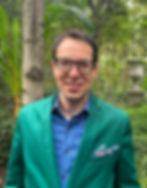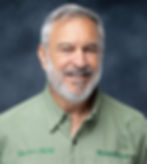We’re excited to share that our 2024 Annual Report is now live—and it’s waiting for you to explore! Dive into a year of climate-driven innovation, community-powered momentum, and meaningful progress across our grantee network.
Highlights Inside:
Inspiring stories of our five 2024 grantees, including heroes like Ben Partee, Elliot Strand (PAGE Technologies), ProGreen, Blazin’ Joe, and the student-driven winners of the CU Boulder Sustainability Hackathon.
A retrospective of financial transparency and giving, with honors for donors who gave $5,000+, $1,000+, and $500+ throughout the year.
Insights into our evolving grant strategy, community growth in Boulder and beyond, and how these efforts are shaping a more sustainable future.
Explore the full report:2024 Annual Report — Sustainability Report Website

Thank you to everyone — donors, partners, volunteers, and changemakers — for fueling our mission. Together, we’re empowering the next generation of climate innovators.
Here’s to building on this momentum in 2025!
— The 1000 Gretas Team





